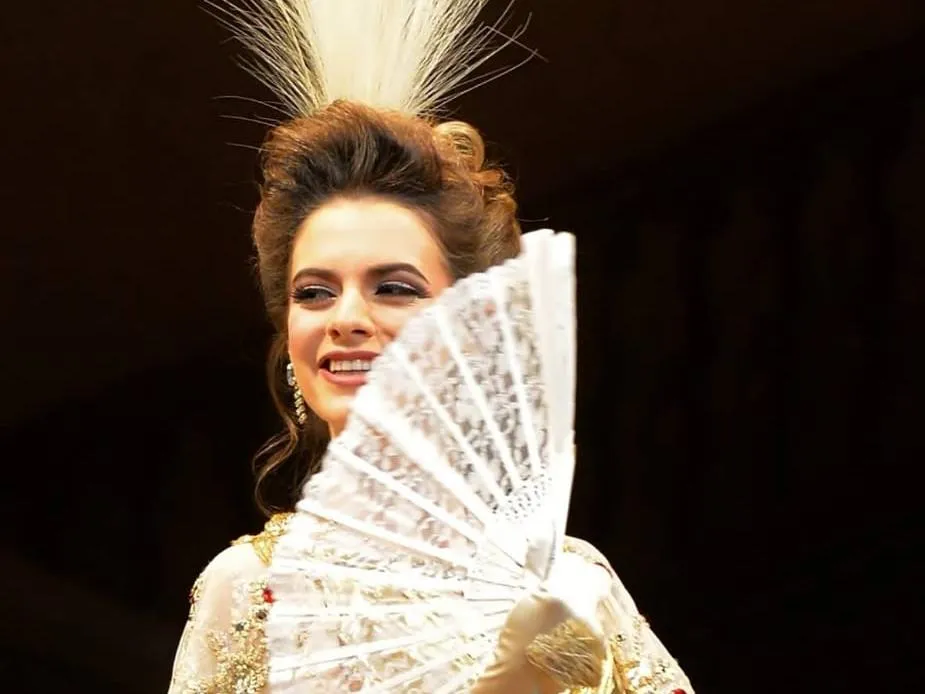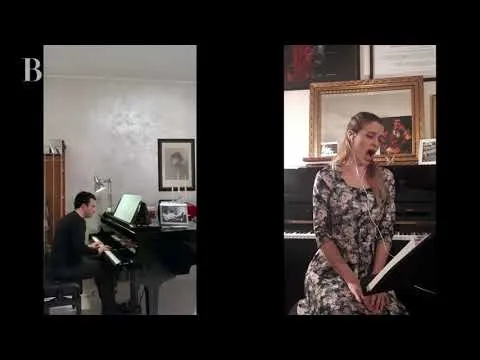
The Curtain Rises, and the Applause Explodes
Culture does not stop is the battle cry of theaters, museums, cultural institutions in general in this delicate moment. But live shows, the real emotional and economic engine of the "culture" sector in Italy, unfortunately, did have to stop. And it is not known when they will start back up.
"We are like those who are suspended," says, quoting the poet, Elisa Balbo, holder of Bachelor in International economics and management and a double degree in International management, both at Boccon. Today, at just over 30 years old, she is one of the most appreciated sopranos of the Italian panorama and beyond, and has appeared on prestigious stages such as, among others, the Opera House in Rome, La Fenice in Venice, the Arena in Verona and the Wiener Konzerthaus.
"Unfortunately we were the first to close and we will probably be the last to reopen", is the bitter consideration of Elisa, a Ligurian by birth but resident in Brescia, one of the areas most affected by the pandemic. "We artists are accustomed to long breaks, to periods of study at home, but in this moment the uneasiness is due to the awareness that ours will be a world to be rebuilt. We will have to find the audience, make sure that they return to the theaters, overcoming natural fear ", continues Elisa," but we will have to do it because for us contact with people is essential, we cannot become something different ".
And here the thoughts of Elisa Balbo go to the proposals, which circulate in the business, on how to rearrange shows with the prospect of reopening theaters far in the future. "Lyric opera is a complex form of art, which combines singing, dance, acting, music. There are those who have proposed to move the orchestra to another location and make it play remotely, with us performing on stage with adequate distance and the public following us outside on large screens ", continues Elisa," but I I can't imagine such a solution. We would turn into something different, which looks more like TV than an opera. And above all, it would deprive us of the most magical moment for an artist, when the curtain rises and you hear the applause of the people in front of you, who you can't see but can transmit all their warmth to you ".
Yet somehow the sector needs to restart, too many people involved and few protections reserved for them. "We singers get paid at the 'curtain lift', that is, we can rehearse for a month but if the show doesn't go on stage, or something happens to us, we don't perceive anything", explains Elisa Balbo, "but there is a very long list of people and small companies that revolve around this world and who, if they are not direct employees of the theaters, are in a state of great precariousness ". Without forgetting that musical and theatrical events, festivals, are a traditional appointment of the Italian summer, with great repercussions also on tourism, another of the most tormented sectors.
Many shows have already been canceled, practically all the summer programming. And the end is not in sight. But what does an opera singer do when she lacks a show to prepare for? "I study, as I do in the normal moments between one performance and another. But, having much more time, I also prepare for new roles that during normal times we never have time to pefect. And then there are the record projects." But also, and Elisa is reluctant to speak about it, partly for contractual reasons and a little, perhaps, out of superstition, there is her debut in Liguria on the stage of the Teatro Carlo Felice in Genoa with the starring role in The Merry Widow: "A particularly important moment for me, I really hope it can be done. With the curtain rising and the applause of the live audience ... ".
Bocconi@home - Elisa Balbo
